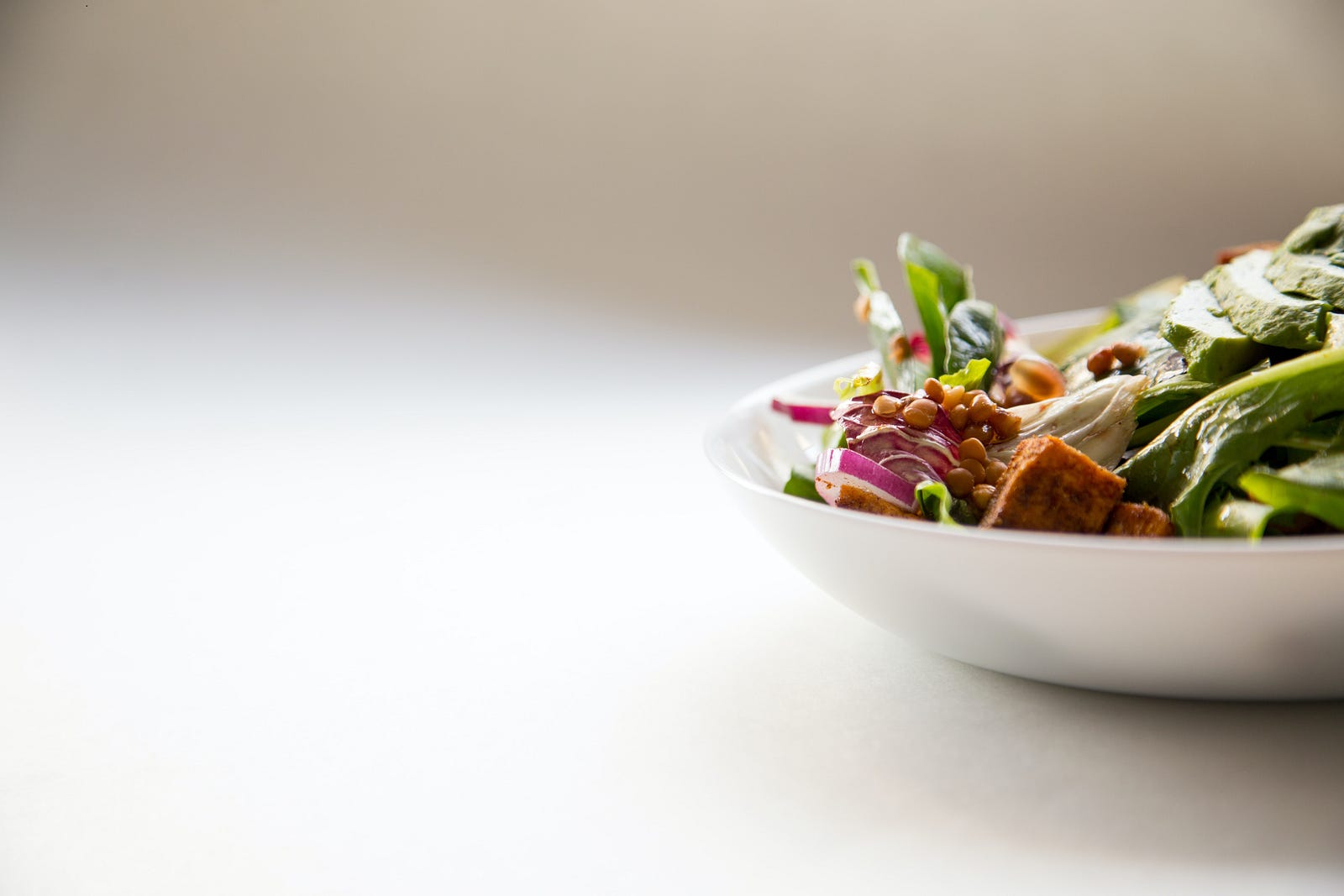IS SOY GOOD OR BAD FOR YOU? Soybeans are chock full of isoflavones, compounds similar in chemical structure to estrogen. My patients with breast cancer are often concerned about eating soy. Today’s topic is Soy: Friend or Foe? Separating Fact from Fiction.
Did you know that while the origins of the soybean plant are obscure, many botanists believe that central Chinese folks cultivated it as early as 7000 BCE?
Soybeans have been used in China, Japan, and Korea for thousands of years as food and as components of medications.
The beans arrived in the United States in 1804. During World War II, soybeans became important in Europe and North America, mainly as substitutes for other protein foods and as a source of edible oil.
During the war, the United States Department of Agriculture noted that soybean was an effective fertilizer.
Over the last 25 years, there has been a lot of controversy about soybeans and health. This essay will address some of these, including whether soy consumption increases cancer risk.
Soybeans and Cancer
Let’s cut to the chase. The American Cancer Society offers this important observation regarding the soy/cancer connection:
“There is growing evidence that eating traditional soy foods such as tofu may lower the risk of cancers of the breast, prostate, or endometrium (lining of the uterus), and there is some evidence it may lower the risk of certain other cancers.”
Boston’s Dana Farber Cancer Institute adds:
Eating soy foods like tofu, edamame, and soy milk has been linked to reduced risk of certain cancers, including breast, prostate, and gastric cancer. [Nevertheless] many patients worry that eating soy might be harmful if they have estrogen-receptor-positive breast cancer.
Let’s look at the evidence for soy and specific cancers.
Soy and Breast Cancer
Soybeans are quite high in isoflavones. These compounds have a very similar structure to estrogen.
Some studies, many in non-human animals, suggest isoflavones can affect hormone levels. Theoretically, this change might impact breast cancer risk, as most cancers “feed” on estrogen and progesterone hormones.
Not surprisingly, my patients with estrogen-driven breast cancers are concerned that their soy product consumption is raising their risk of cancer returning.

But is there evidence to support their concern? The answer is reassuring:
A 2016 research review found no human studies to support these claims. The researchers also noted that animals metabolize isoflavones differently, meaning many [negative] findings don’t apply to humans.
Do Phytoestrogens Such as Soy Reduce Cancer Risk?
Soy is chock full of isoflavones, a plant estrogen (phytoestrogen) that functions similarly to human estrogen but with much weaker effects.
Soy isoflavones can bind to estrogen receptors in the body and cause either weak estrogenic or anti-estrogenic activity. The two major soy isoflavones are genistein and daidzein.
Phytoestrogens are a group of naturally occurring compounds found in numerous plant foods.
They have various functions in plants. Many have strong antioxidant properties, and some may play a role in the plant’s defense against infections.
They’re called “phytoestrogens” because their chemical structure resembles the structure of the sex hormone estrogen. The prefix “phyto” refers to plants.
Phytoestrogens don’t always mimic estrogen. In some tissues and some people, they may block estrogen’s actions.
Estrogen stimulates the growth and multiplication of breast cancer cells.
If soy’s estrogen-blocking action is in the breast, consuming soy could theoretically reduce breast cancer risk.
Is it possible that phytoestrogens (such as soy) may reduce our cancer risk? The answer may be yes.
A 2020 review of studies discovered that phytoestrogens may have a protective effect for the following cancers:
- Breast cancer
- Colorectal cancer
- Endometrial (uterus) cancer
Soy and Cardiovascular Benefits
Cardiovascular and bone health benefits may be associated with phytoestrogens such as soy.
We need more research, but some studies suggest the possibility of improved heart and bone health markers from phytoestrogens. There is no good long-term evidence, however.

In support of the idea that soy isoflavone consumption lowers cardiovascular disease risk (and dementia, too), a 2019 study analyzed soy isoflavone consumption in Asia.
Observational studies and short-term randomized clinical trials suggest S-equol fights plaque build-up in the arteries, improves arterial stiffness, may prevent coronary heart disease, and improves cognition.
S-equol is a metabolite of dietary soy isoflavone daidzein (through the gut microbiome).
While the studies suggest a cardiovascular upside to soy consumption, we need more research on humans.
Soy, Hypertension, and Diabetes
Dietary phytoestrogens (such as soy) may also help improve your blood pressure.
A 2018 study examined nearly 2,000 Mediterranean region adults. The results?
The study showed a possible association between dietary phytoestrogen consumption and a lower risk of hypertension.
What about diabetes? Another 2018 systematic review and meta-analysis found that women consuming phytoestrogens had a lower probability of developing type 2 diabetes.
Despite these promising results, we need more human research to comprehend the effects of phytoestrogens on our health fully.
A diet that is rich in plant foods has very few health downsides. If I incorporate more plants in my diet (and yes, I can do better), there should be potential upsides without harm.
My Take — Soy: Friend or Foe? Separating Fact from Fiction
You know the drill: Getting nutrients from the source is optimal if you consume nutrients.
Do you want more phytoestrogens? Consume plant-based foods such as soy-containing products.
Researchers note that the phytoestrogen contents in supplements greatly vary and could have unintended consequences on your health.
As a rule of thumb, you should avoid taking phytoestrogen supplements unless your healthcare provider instructs you otherwise.
Soy-Containing Foods
Do you want to eat more soy? Try foods such as the following:
- Tofu
- Tempeh
- Miso
- Soy milk.
Here are the isoflavone and protein contents of selected foods:


Soy products are rich in isoflavones. Moreover, these foods also contain fiber, B vitamins, potassium, magnesium, and high-quality protein.
Concerning the last, soy protein is complete, unlike some plant proteins. Soy protein contains all nine amino acids the body cannot make. We must get these amino acids through our diet.
I will increase my intake of this nutrient-dense protein source. I can safely consume it several times weekly. I will likely obtain some health benefits, particularly as an alternative to red and processed meat.
Do you consume soy-containing products?
Thank you for reading “Soy: Friend or Foe? Separating Fact from Fiction.”




